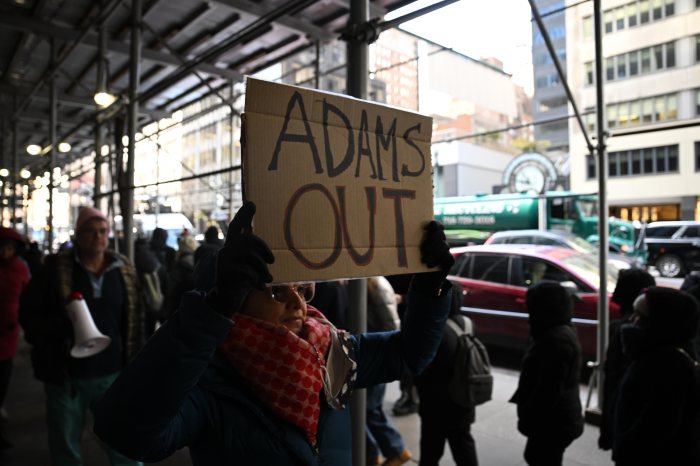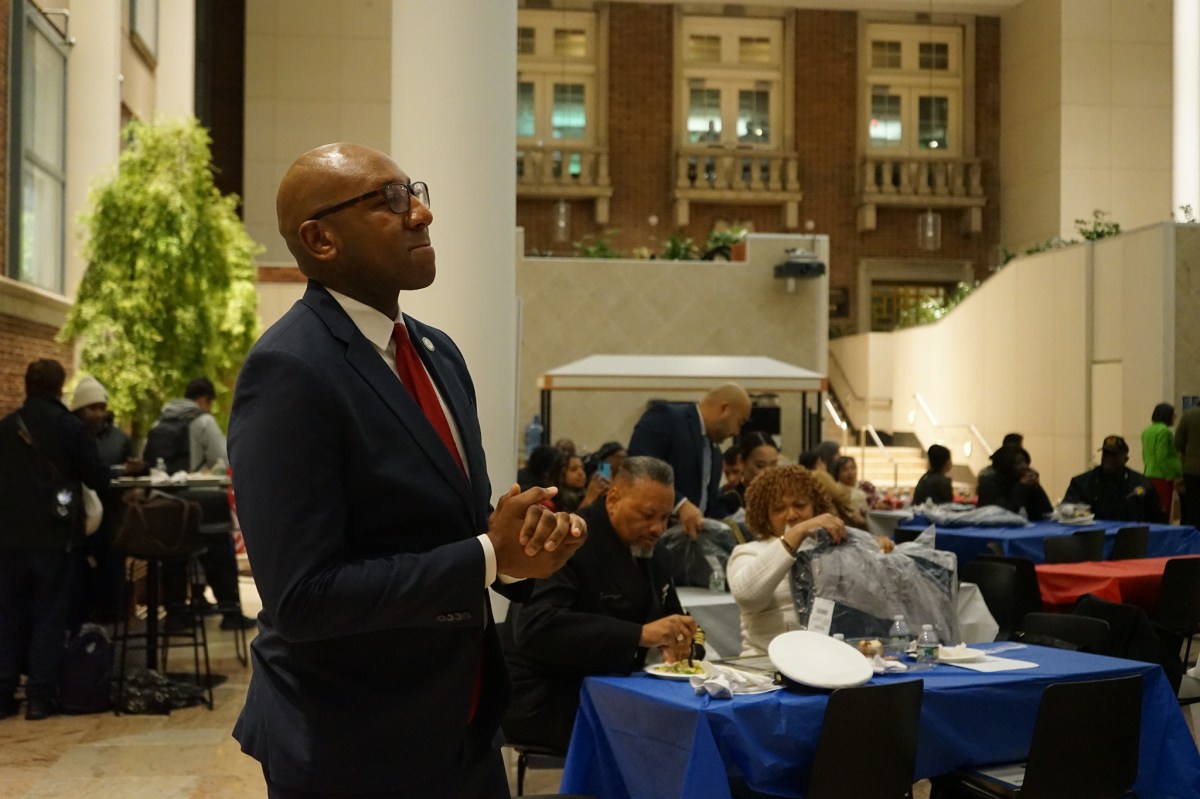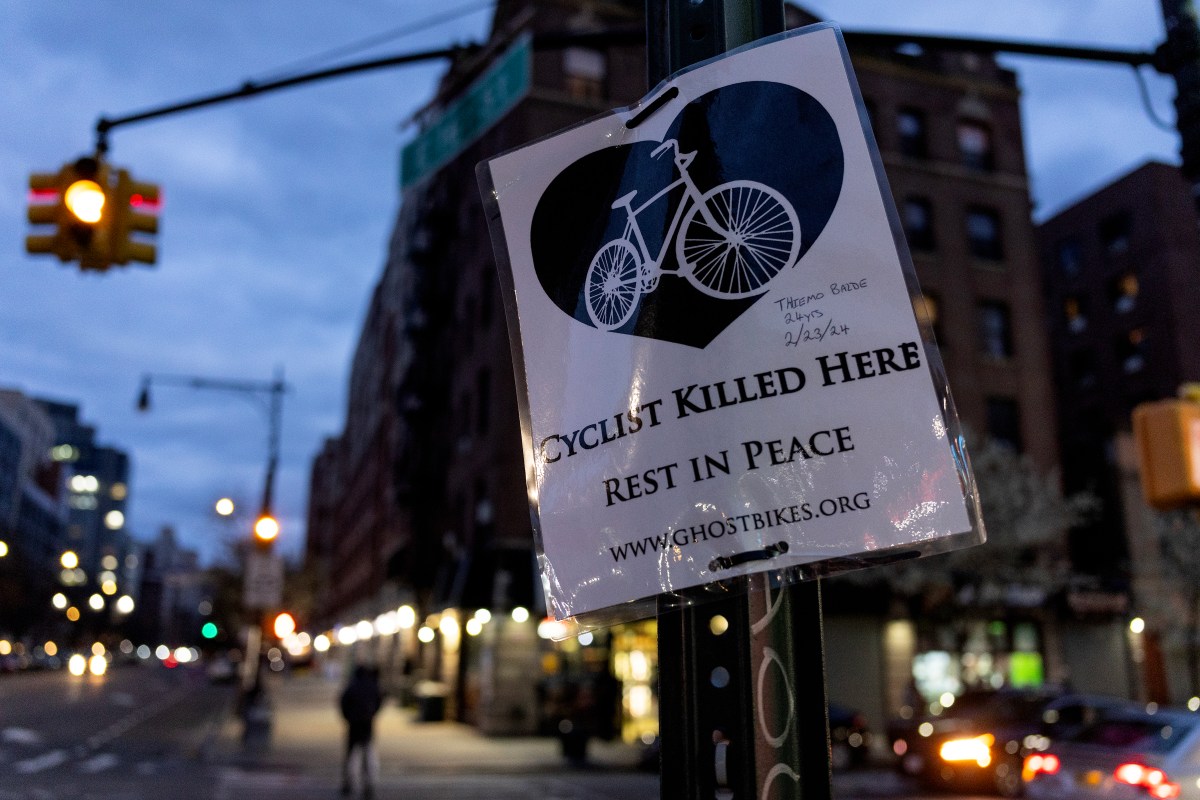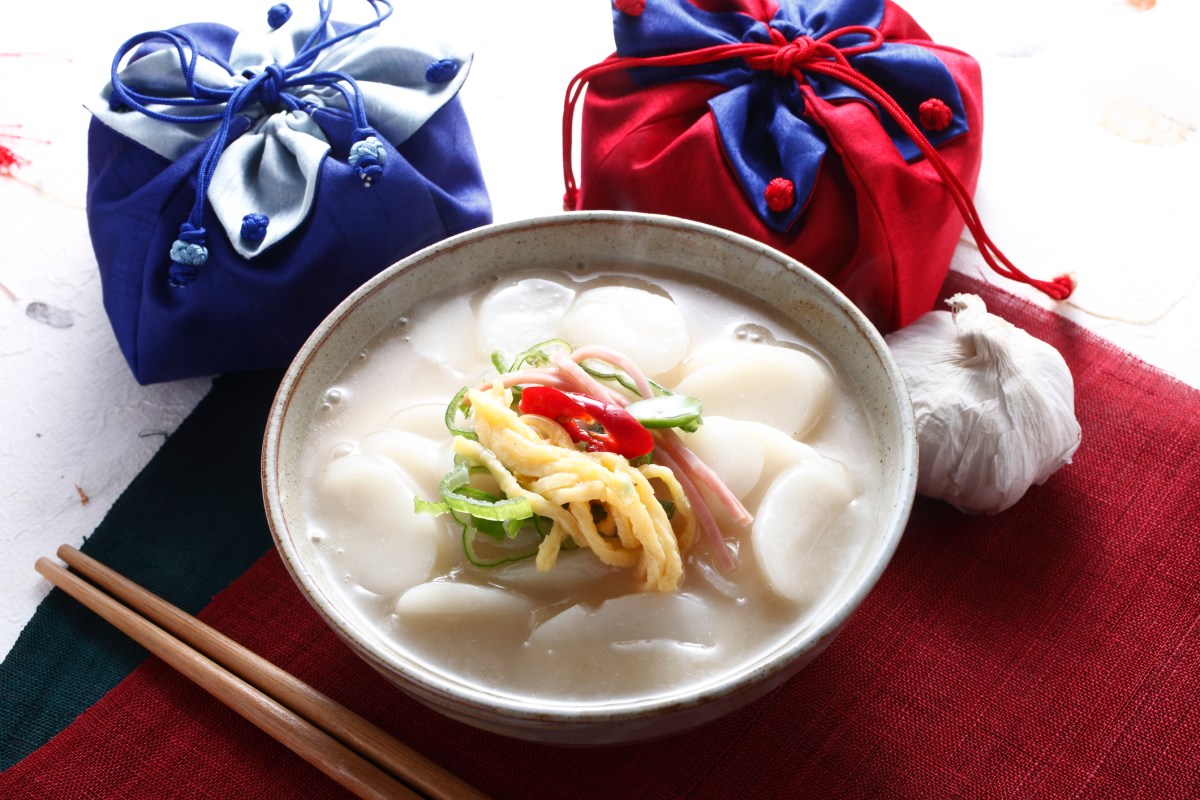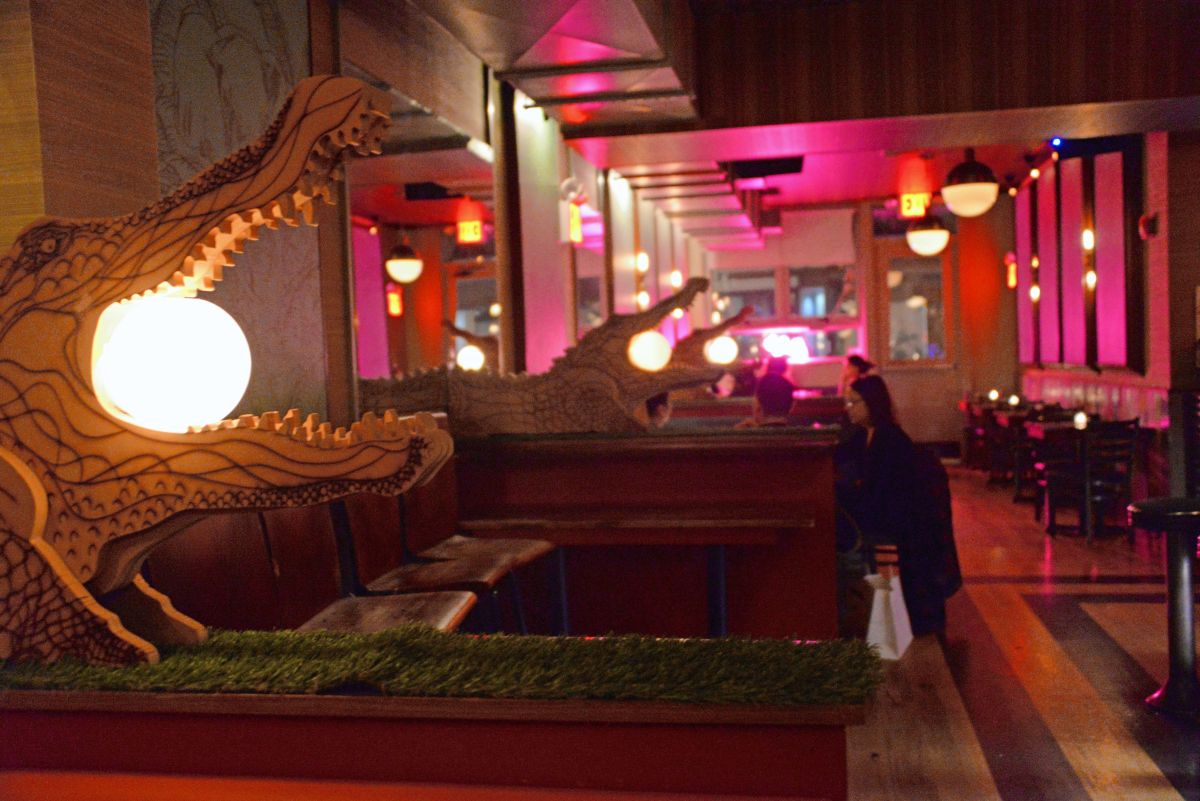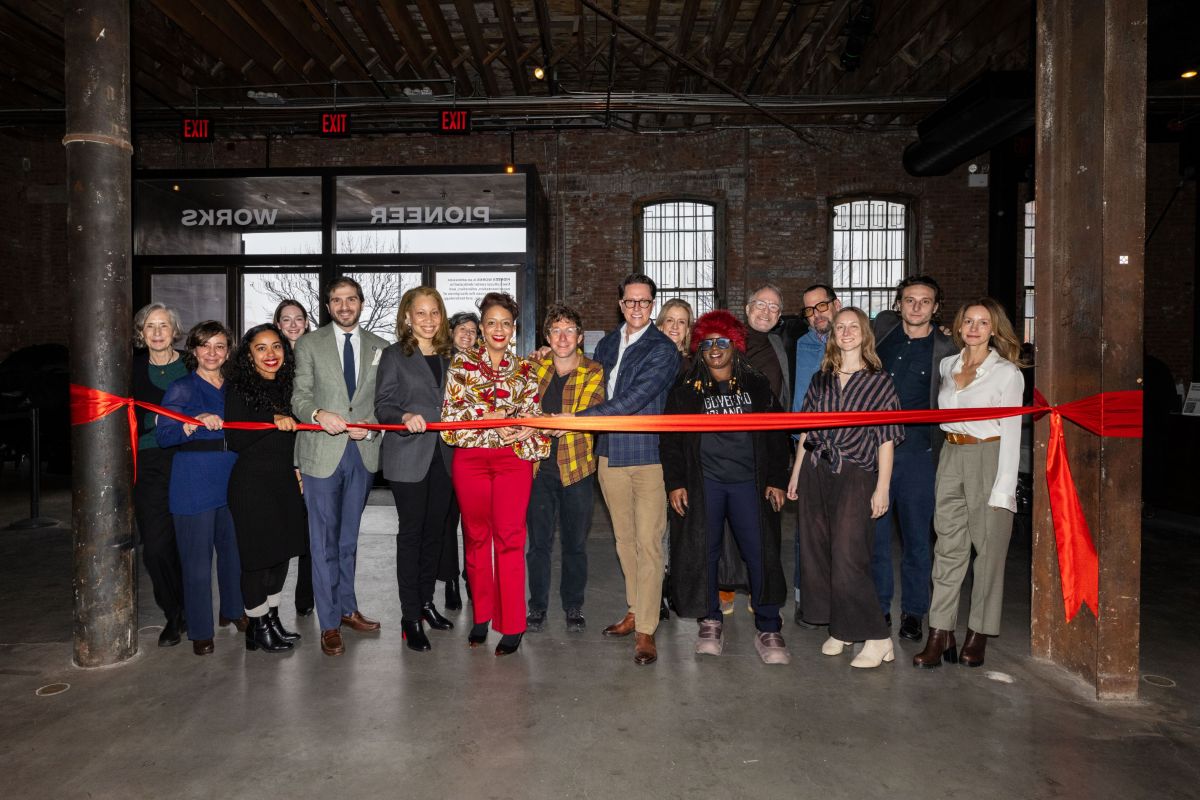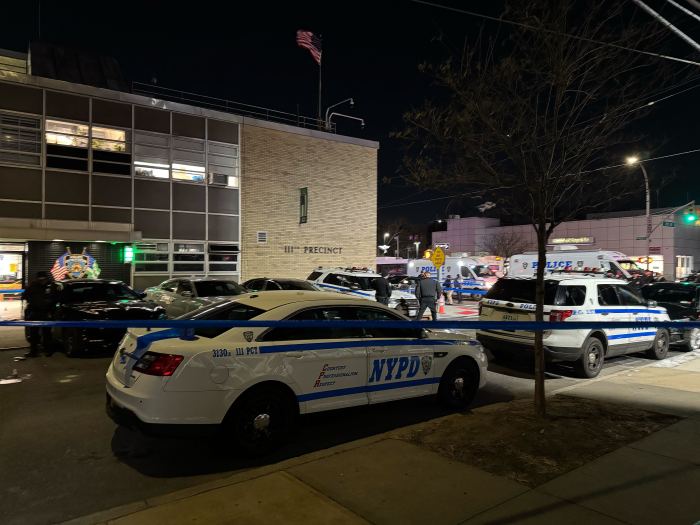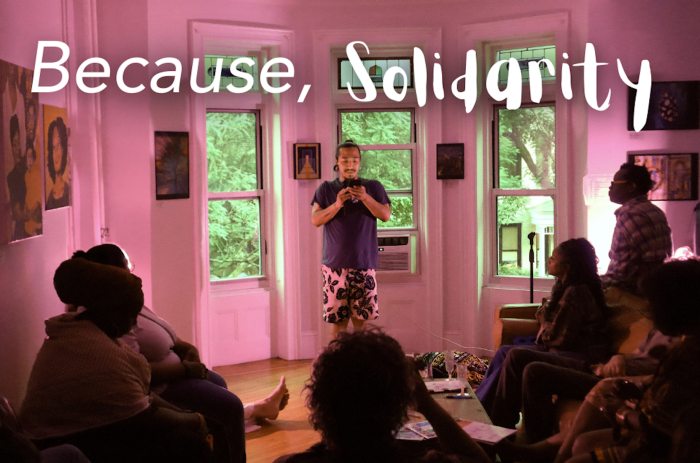
K2, spice, synthetic marijuana — the designer drug has many pseudonyms and the sale of it is still an issue in New York City despite that it is illegal.
One street corner in Brooklyn appears to be the epicenter of the city’s K2 problem, with first responders handling nearly 90 overdoses in and around the area in 2018 alone, according to police and local officials.
City Councilman Robert Cornegy Jr., who represents the area, stood on the corner of Broadway and Myrtle Avenue in Bedford-Stuyvesant on Monday and renewed his call for the NYPD do more to rein in the sale and use of the substance.
Back in May, at least 84 people in northern Brooklyn were hospitalized over a three-day period in what police described as a “particularly toxic batch” of synthetic marijuana, according to the city Department of Health and Mental Hygiene. Fifty of those hospitalizations were connected to the corner of Broadway and Myrtle Avenue, per Cornegy’s office.
It was the largest number of K2-related incidents over a three-day period since July 2016, when 33 people overdosed near the same corner. Since 2015, more than 6,000 emergency room visits have been linked to the use of synthetic marijuana in New York City.
Here’s what you need to know about K2.
What is K2?
K2 is a man-made chemical similar in makeup to THC — the natural psychoactive ingredient found in marijuana — that is sprayed on or soaked into plant material and often packaged in a foil packet. It is typically smoked, with users inhaling the substance via a pipe or rolling paper.
What are its effects?
Since the chemical composition of the drug varies per batch, the results of its use can be unpredictable.
According to the Drug Enforcement Administration, K2 can have psychological as well as physical effects on users, including elevated heart rate, high blood pressure, vomiting, convulsions or seizures, confusion, paranoia, violent behavior, anxiety and hallucinations.
The city health department has recorded two overdose deaths caused by K2.
What to do if someone is having a negative reaction to K2
The city health department urges anyone experiencing or witnessing a K2 overdose to call the NYC Poison Control Center, which is open 24/7 for treatment and advice, at 212-764-7667 or 800-222-1222. All calls are free and confidential.
Certified medical experts can help callers determine whether someone can be treated at home or if they need to go to a hospital.
The American Association of Poison Control Centers (AAPCC), which represents the country’s 55 poison centers, suggests calling 911 immediately if someone has stopped breathing, collapses or has a seizure.
Are there long-term effects?
Synthetic marijuana can be addictive, and regular users have shown withdrawal symptoms when trying to stop.
Poison centers nationwide have seen a steady increase in K2-related calls in recent years, from 2,668 in 2013 to 7,797 in 2015, according to the AAPCC.
Heart attacks and acute kidney injuries have also been connected to regular abuse of the drug, per the DEA.
AAPCC issued an alert earlier in May, as the Center for Disease Control and Prevention and several of the country’s health departments are investigating K2 cases involving severe, unexplained bleeding or bruising.
What are the street names?
K2 is most commonly called spice or synthetic marijuana in New York City but there are a host of other slang terms for the drug, including, but not limited to: bliss, black mamba, smacked, mr. bad guy, trippy, green giant, scooby snax, cotton ball, Bombay blue, genie, AK-47, red giant and legal weed.
Origins of K2 in NYC
The effects of K2 were first reported in the United States in 2009, according to the DEA. The drug is typically manufactured in Asia and smuggled into the country or legally imported under misbranded labels.
Before it was criminalized, K2 was commonly sold at bodegas, head shops, gas stations and online.
Policing K2
K2 has no accepted medical use in the U.S., according to the DEA, which lists 26 synthetic marijuana compounds as Schedule I substances under the Controlled Substances Act. There are, however, other synthetic marijuana substances that qualify as “cannabimimetic agent,” which are also classified as Schedule I.
In New York City, K2 is illegal to manufacture, sell or possess.
A person convicted of selling synthetic marijuana, a misdemeanor charge, could face up to one year in jail and fines totaling more than $100,000. Additionally, a business owner convicted of selling the substance could be evicted as a “public nuisance,” and could have their DCA cigarette retail dealer license suspended or revoked.
Following the mass K2 overdose in May, Cornegy suggested that some stores in the city are using “runners” to sell K2 to people on the street.
Read more: Workers at Barboncino Form NYC’s First Unionized Pizzeria




